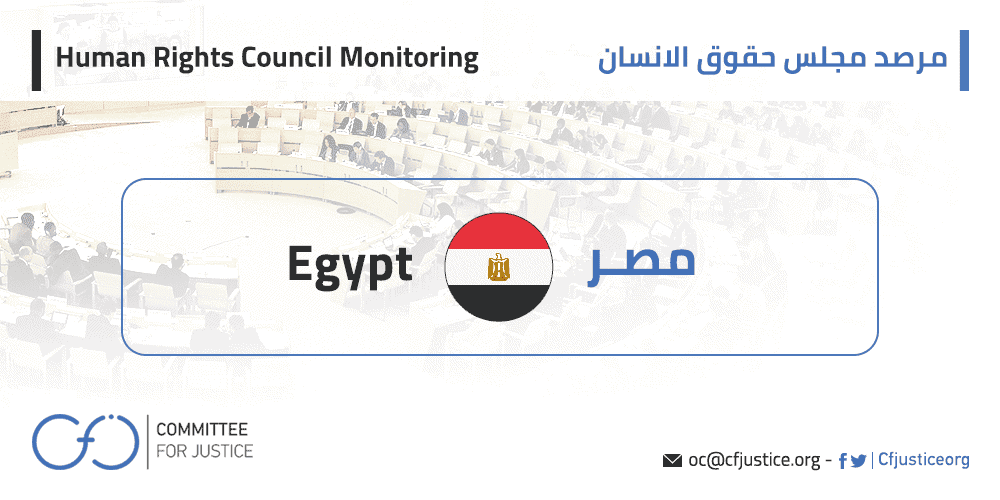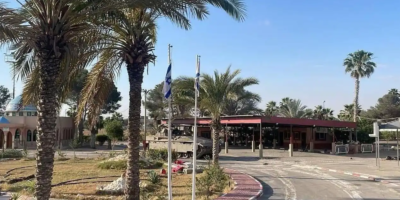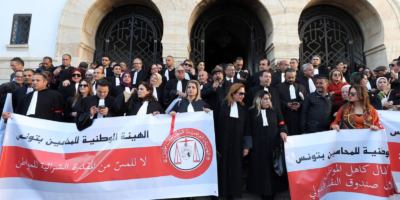News briefing
Translated and edited by: Committee for Justice
Geneva: October 10, 2021
United Nations human rights experts have voices their concerns about the alleged imminent execution of the Egyptian citizen, Mahmoud Abdo Abdel Maqsoud Eid, who was sentenced to death after a trial that did not meet due process guarantees, including the court’s consideration of a confession obtained through torture.
Enforced disappearance and torture:
In a memorandum sent by the experts to the authorities in Egypt on August 11, 2021, which has not yet been answered, the experts stated that Eid was arrested after an incident of masked assault on a police ambush in the village of Kafr Kishk in Faqous District, Sharkia Governorate, on January 22, 2016. He was arrested at Abu Kabir train station in Sharqiya on February 5, 2016, after an argument with a security guard who did not allow him to board the train with a large home appliance.
The experts added that Eid was later transferred to an unknown location run by the National Security Agency, where he was forcibly disappeared for 46 days, during which he was subjected to torture, including being hung from the ceiling from his hands and given electric shocks until he lost consciousness. He was also threatened with rape and murder, and it was alleged that he heard security officers discussing their intention to torture him to death if he did not make a self-incriminating confession. The memo noted that these practices are a pattern that appears to be common in the treatment of detainees by National Security officers in Egypt.
The experts said that on March 24, 2016, Eid appeared again in the security forces camp in Zagazig. He was interrogated by the Public Prosecutor in the absence of a lawyer and while he was blindfolded. This happened after he was told by the National Security officers to give the confession that he was forced to make. Nevertheless, Eid told the Public Prosecution official who was investigating him that he had been tortured into confessing these facts, but the prosecutor ignored the investigation into those complaints. After two years of detention, the public prosecutor referred Eid to a medical examination, and the resulting forensic report stated that he had been tortured, but it was not possible to determine the exact period of torture because it had not occurred recently.
Execution after an unfair trial:
On March 21, 2018, after two years in pretrial detention, the North Zagazig Prosecution referred Eid’s case to the Emergency State Security Criminal Court in Case No. 141/2018 – Emergency State Security – North Zagazig. He was charged with joining a terrorist group aimed at committing terrorist acts, participating with other defendants in the killing of two police guards, participating with other defendants in the attempted murder of two policemen, resulting in their injury, and participating with other defendants in violent shooting of policemen, possession of firearms and ammunition without permission, and terrorist financing.
The experts explained that on September 30, 2020, the court sentenced Eid to death, along with several other individuals who were all tried in absentia, based on the confession he made under torture and on baseless allegations by National Security officers, and no other witnesses or evidence were presented. On March 9, 2021, the ruling became final when the official petition to the President for reconsideration was rejected, because according to the Egyptian Emergency Law, the decisions of the state security emergency courts are not subject to appeal and may not be overturned except by the President of the Republic.
Concerns about the systematic use of torture in Egypt:
The experts expressed grave concern about the death sentence against Eid on the basis of testimony obtained through torture, as well as the court’s failure to consider the forensic report that admitted that Eid had been tortured, and the failure to investigate the case of enforced disappearance, and that, if confirmed, these allegations amount to a violation of the right to life.
The experts also expressed their concerns about the systematic use of torture and enforced disappearance by Egyptian National Security officers to extract forced confessions.
International demands from Egypt:
The experts asked the Egyptian authorities to provide detailed information on the factual and legal grounds for the arrest, detention and trial of Eid, as well as information on any investigation into allegations of torture or enforced disappearance.
The experts also called on Egypt to provide information on steps taken to address reports of the continued and systematic use of confessions extracted under torture during the period of enforced disappearances in trials in Egypt.





